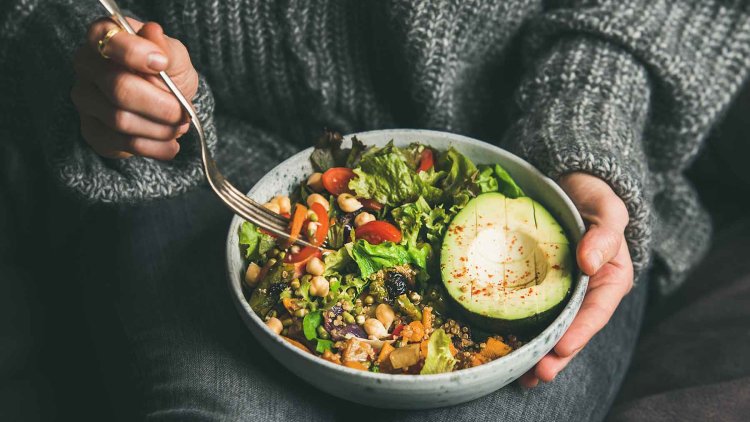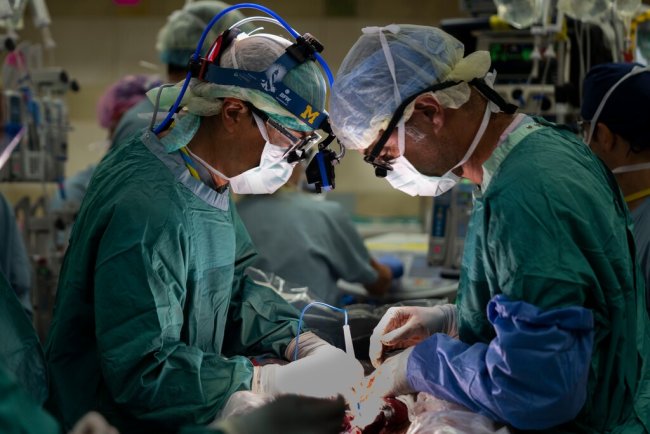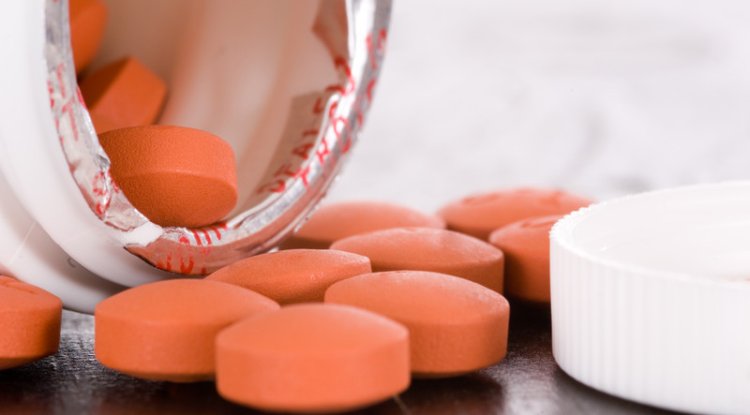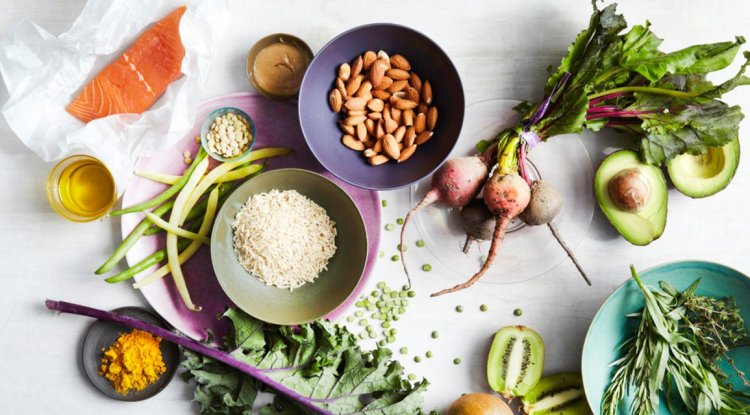I Have Inflammatory Bowel Disease. What on Earth Should I Eat?
If you’ve been diagnosed with inflammatory bowel disease (IBD), you’ve probably asked yourself (and your doctor, and maybe even Google): What should I eat?

It’s a fair question. When your gut feels like it’s constantly at war with you, food becomes more than just fuel it feels like both friend and enemy.
We know that IBD which includes Crohn’s disease and ulcerative colitis (UC) is influenced by a mix of genetic and environmental factors. And yes, diet is one of those environmental triggers. But here’s the tricky part: while we know food can affect inflammation, research is still catching up when it comes to pinning down exactly which foods help and which might hurt.
New IBD dietary guidelines: A roadmap (not a rulebook)

Recently, the International Organization of IBD (IOIBD) reviewed all the best available research to create recommendations that can guide both patients and doctors. Their goal? Help people with IBD reduce inflammation, manage symptoms, and possibly prevent flare-ups.
They focused on the most impactful dietary components: the foods and additives that make up a big chunk of what we eat. But there’s still a lot we don’t know. For example, they couldn’t find strong enough evidence to give clear guidance on things like refined sugars, gluten, poultry, pasteurized dairy, and alcohol. That doesn’t mean those foods are good or bad, just that the science isn’t there yet.
Why these guidelines matter
Food interacts with your gut in fascinating ways. Take fruits and vegetables, for instance: they’re rich in fiber, and when that fiber is fermented by healthy gut bacteria, it produces short-chain fatty acids (SCFAs). These SCFAs help nourish the cells that line your colon.
The problem? So, eating more plant-based fiber could be a way to support gut health but there’s an important catch.
If you have Crohn’s disease with a stricture (a narrowed part of your intestine), insoluble fiber can make symptoms worse or even cause a blockage. That’s why it’s not about blindly adding fiber, it's about tailoring it to your body’s reality.
What about popular IBD diets?

You may have heard of diets like:
The Mediterranean diet
The Specific Carbohydrate Diet (SCD)
The Crohn’s Disease Exclusion Diet
The Autoimmune Protocol Diet
Low-FODMAP diets
The IOIBD wanted to study these more closely, but the research just isn’t strong enough yet to make official recommendations. That doesn’t mean they won’t work for some people, it just means they’re not one-size-fits-all solutions. Many patients still experiment with them to see what feels best.
The bottom line: start with a conversation
If you have IBD, your best next step is to work with your doctor or a nutritionist. They can:
Check for malnutrition
Identify nutrient deficiencies
Help you experiment safely with diet changes
Make sure you’re still getting all the nutrients your body needs
The new guidelines are a helpful starting point, but they’re not the end of the story. Every person with IBD is different. What soothes one person’s gut might trigger another’s symptoms.
So, instead of following every diet trend on Instagram, start by tuning in to your own body with professional guidance. You might just find that the right foods for you are less about strict rules and more about small, sustainable shifts that let you feel in control again.
What's Your Reaction?




















